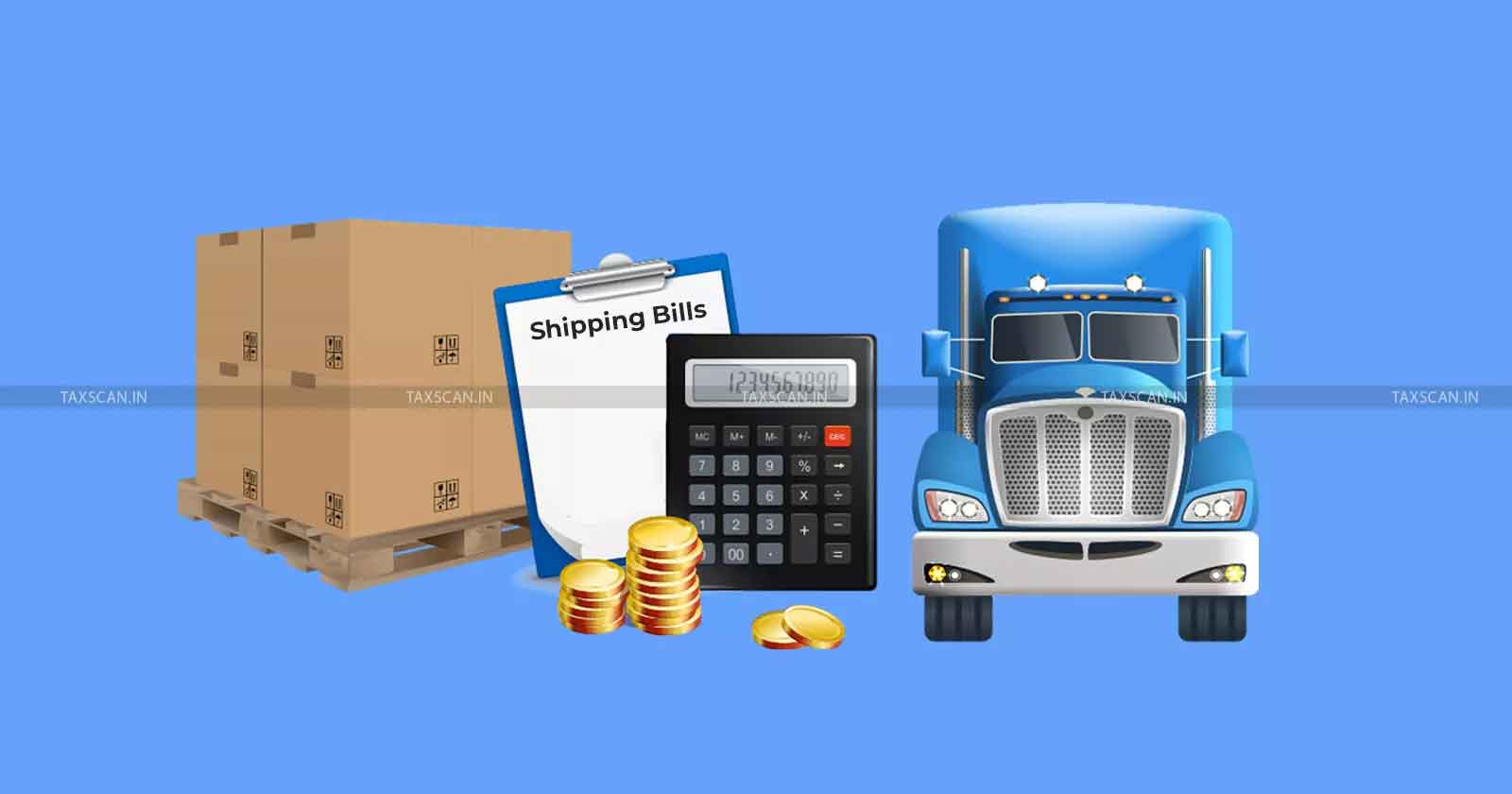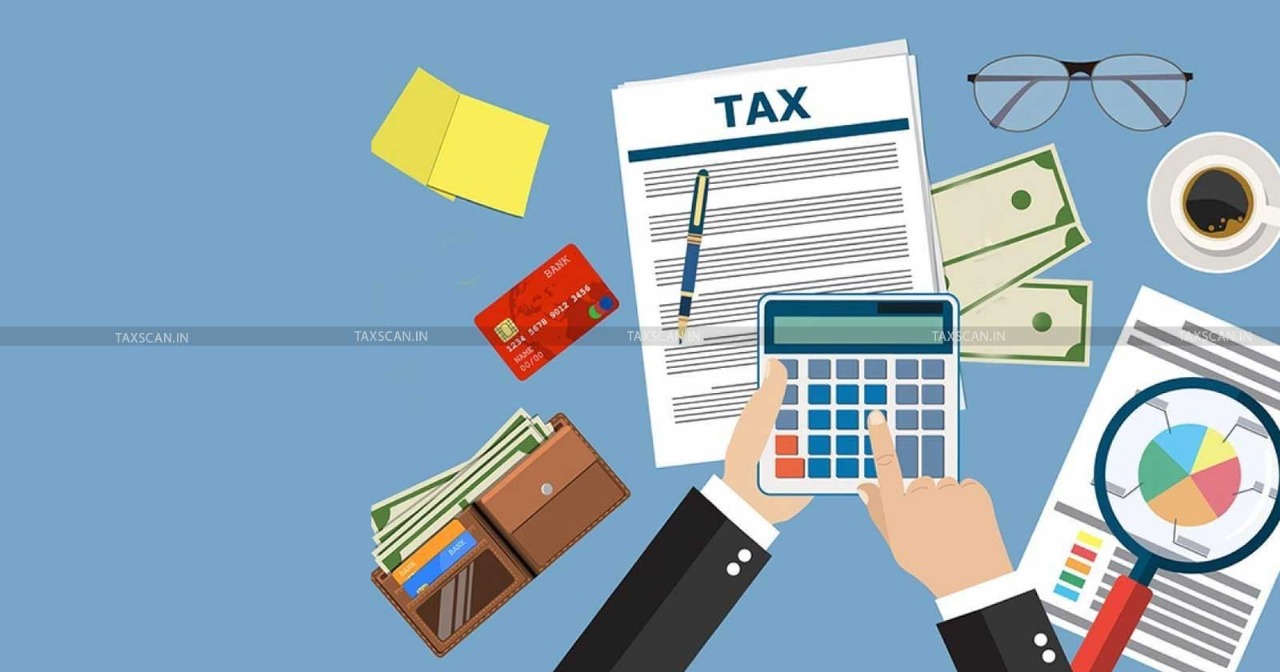MEIS Subsidy Classification a Debatable Issue, Cannot be Rectified u/s 154: ITAT Upholds Deletion of ₹1.84 Crore Taxable Income [Read Order]
The Tribunal relied on the Supreme Court’s ruling in Volkart Brothers to reinforce the principle that debatable issues cannot be rectified under Section 154 of the Income Tax Act, 1961
![MEIS Subsidy Classification a Debatable Issue, Cannot be Rectified u/s 154: ITAT Upholds Deletion of ₹1.84 Crore Taxable Income [Read Order] MEIS Subsidy Classification a Debatable Issue, Cannot be Rectified u/s 154: ITAT Upholds Deletion of ₹1.84 Crore Taxable Income [Read Order]](https://images.taxscan.in/h-upload/2025/09/17/2088066-itat-upholds-meis-subsidy-taxable-income-taxscan.webp)
The Income Tax Appellate Tribunal (ITAT), Mumbai, has dismissed the Revenue’s appeal on the treatment of Merchandise Exports from India Scheme (MEIS) subsidy, ruling that its classification involves interpretational issues. The Tribunal held that such a debatable matter falls outside the ambit of rectification under Section 154 of the Income Tax Act, 1961 and upheld the deletion of the addition made by the Assessing Officer (AO).
The appeal was filed by the Deputy Commissioner of Income Tax (DCIT), Central Circle-3(2), against Ganesh Polychem Ltd., a company engaged in manufacturing complex polymer intermediates used in aerospace, aircraft, and hybrid car industries.
 Also Read:Inadvertent Mistake in Shipping Bills cannot Deny MEIS Claim: Supreme Court says High Court fails to Address Statutory Entitlement [Read Order]
Also Read:Inadvertent Mistake in Shipping Bills cannot Deny MEIS Claim: Supreme Court says High Court fails to Address Statutory Entitlement [Read Order]
The assessee filed its return of income for the Assessment Year 2018–19 declaring income of ₹5,69,06,230. During assessment, the company claimed an amount of ₹1,84,52,744received under the Merchandise Exports from India Scheme (MEIS) subsidy as a capital receipt in its return of income for Assessment Year 2018–19.
While the claim was accepted in the assessment made under Section 153A, the AO subsequently initiated proceedings under Section 154 of the Income Tax Act, 1961, to reclassify the subsidy as a revenue receipt on the basis of treatment in subsequent years.
The Revenue Authorities, represented by Arun Kanti Datta contended that subsidies received under the MEIS, introduced through the Foreign Trade Policy 2015-20, are revenue in nature as they directly incentivize exports and do not create any capital asset. Reliance was placed on provisions of Section 2(24)(xxviii) of the Income Tax Act, 1961 which includes such subsidies as taxable receipts.
Further, it was argued that the rectification action under Section 154 was valid because the omission to tax the subsidy was a mistake apparent from record.
 Also Read:[TAXSCAN 360] Income Tax Rectification: Time Limits and Grounds for Seeking Rectification u/s 154
Also Read:[TAXSCAN 360] Income Tax Rectification: Time Limits and Grounds for Seeking Rectification u/s 154
The Assessee, represented by Sanjay R. Parikh argued that the issue of capital versus revenue classification of MEIS subsidy is debatable and requires detailed evaluation of objectives, scheme provisions, and judicial precedents. Therefore, it does not fall within the purview of a clear mistake that can be rectified under Section 154.
Reliance was placed on the Supreme Court ruling in T.S. Balaram, Income Tax Officer v. Volkart Brothers (1971), where it was held that debatable issues do not qualify as “mistakes apparent from record.”
The Commissioner of Income Tax (Appeals) [ CIT(A) ] had earlier held that the MEIS subsidy issue was debatable in nature and therefore could not be adjusted through rectification proceedings. Accordingly, the CIT(A) deleted the addition of ₹1,84,52,744 crore made by the AO, prompting the Revenue’s appeal before the Tribunal.
The Bench comprising of Judicial Member, Sandeep Singh Karhail and Accountant Member, Padmavathy S held that the determination of the nature of MEIS subsidy involves interpretational issues and is therefore outside the scope of Section 154.
The Tribunal upheld the order of the CIT(A), who had deleted the addition of ₹1,84,52,744 crore made by the AO. The Tribunal concluded that the AO erred in invoking rectification provisions on a debatable issue.
Thus, ITAT dismissed the Revenue’s appeal.
Support our journalism by subscribing to Taxscan premium. Follow us on Telegram for quick updates


